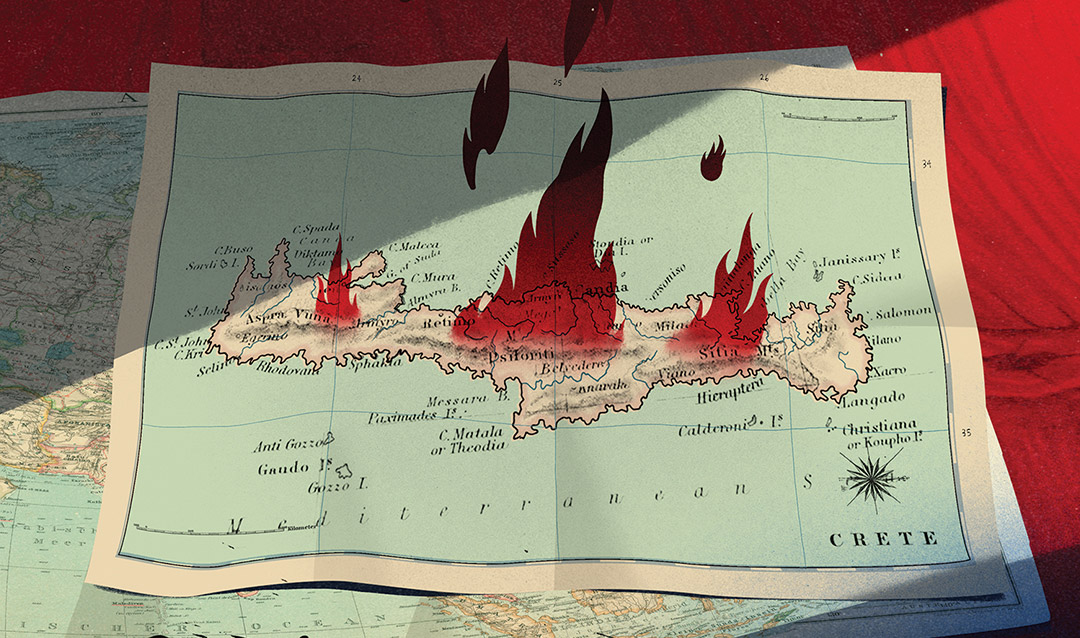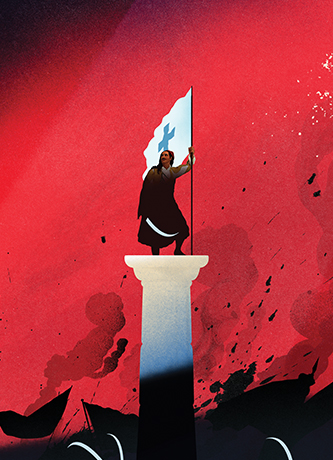As a child growing up in Istanbul, Uğur Z. Peçe says he always perceived his city, and his country, to be a multicultural one.
Though Turkey has always been a predominately Muslim nation, it was not uncommon, Peçe says, for him to have a neighbor who wasn’t Muslim, a friend who wasn’t an ethnic Turk, or schoolmate who was Armenian. Istanbul was a truly cosmopolitan city—one that was home to people from all backgrounds and all religions.
But even as a child, Peçe realized that the reality of his nation, and his experience in it, was not reflected in the way his teachers taught him Turkish history, or the way the story of the nation was portrayed to him in textbooks. Something always seemed to be missing, he says.
“When I started reading history, I realized that the Ottoman Empire was so different than the way Turkish state of today made it out to be,” Peçe says. “It was actually a multi-ethnic, multi-religious Empire, and so I became interested in the silences—the gaps—in the history books. Students simply weren’t taught about the religious and ethnic diversity of the empire preceding this nation-state, and when these people were talked about, it was mostly in negative terms. ‘They were not loyal to the Empire. They were foreigners.’ There was a stigma around them. Such generalizations made me suspicious of the type of history taught in schools. So I think that studying history, for me, has been a device to resist that.”
Ultimately, Peçe’s interest in the untold stories of Turkey’s minority populations drove him to pursue an ongoing investigation into the nation through the lens of immigration and displacement, and how the political and cultural forces that have swirled around Turkey for centuries have changed the very face of a once-dominant empire.
Peçe, an assistant professor of history, is currently at work on a book that will explore one of the most dramatic—and least understood—forced migrations in the history not only of Turkey, but of the broader region as well. Specifically, Peçe’s work, which builds on his dissertation from his time as a Ph.D. candidate at Stanford University, is focused on the turbulent history of the island of Crete during the late 19th and early 20th centuries.
It was a time that saw conflict literally tear the once peaceful island apart, and a story that ended with nearly 80,000 Muslims, generally known as Cretan Turks, expelled from their onetime home. Most would never return. Yet, despite the massive implications of this conflict, few historians have ever explored it.
“This is not because it was not an important moment,” Peçe explains. “Rather, like many other moments in history, when things happening in a certain place are deemed to be important [by the broader world], then that place is put in the spotlight. But when the crisis is perceived to be resolved, it becomes almost forgotten. And that’s what happened to Crete.”






